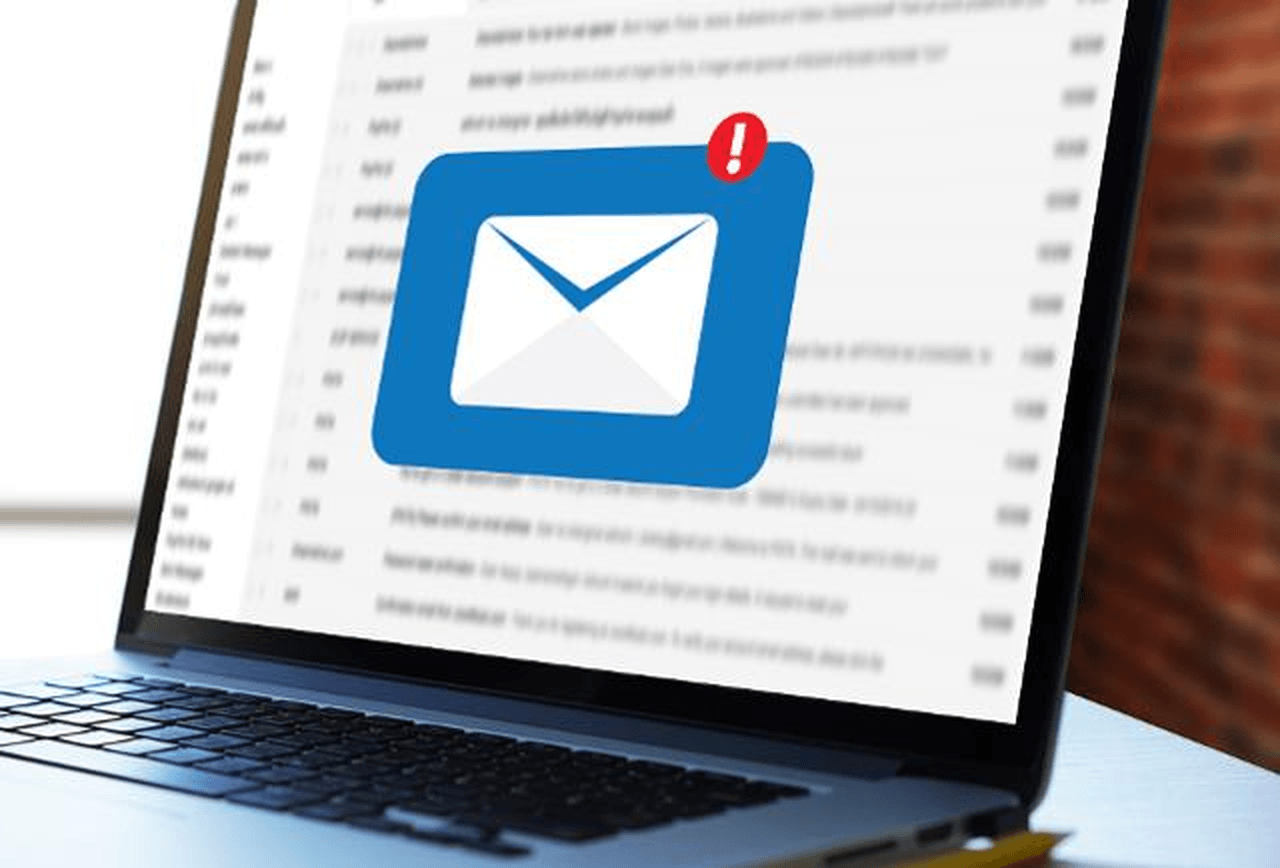

Quick Links
Quick Links

Writing business emails is a skill that anyone can learn — and they should.
Emails are very essential tools for formal communication, but most people do not know how to fully utilize them. Many people write emails to prospective business partners or recruiters but fail to hear back from them. One may assume that the lack of response may be due to bad timing or lack of experience. In reality, the way you write business emails plays a critical role in determining the kind of response one receives.
Email writing may appear to be a normal task, but some protocols should be followed to make the email more effective. Effective email writing is important as it gives the receiver the first impression of the sender. As writing business emails is an inevitable part of life, people need to learn basic business email etiquette rules to receive the response they would like.
From writers engaged in freelance writing to contractors looking for work opportunities to a company executive communicating to another company executive, writing business emails is at the core of business communication. The craftsmanship of each business email should never be taken lightly.
The following are important tips that every professional should follow while writing business emails.
Writing Business Emails

In order to write a good business email, one has to first understand the basic features of an email. Both formal and informal emails follow the same structure: subject line, greetings, body, and closing. However, various standards need to be observed while writing business emails.
Subject
The subject line is one of the most essential parts of the email as it determines whether the receiver will open the email or not. A great subject line encourages the receiver to open the email as those without subject lines are considered spam and may be deleted without being read. Also, the subject line should summarize the main contents of the email.
Professional writers should take time to craft the perfect subject line. If the receiver does not open the email, the contents of the body won’t matter. Besides, the subject line should contain keywords that can be searched with ease in case the receiver wants to reread the email later. The subject line, much like a newspaper headline, grabs the attention of the reader. Also, based on the subject line used in an email, the receiver may decide whether to read it or not.
Greeting

Similar to informal emails, business emails begin with a greeting. However, the greetings in business emails should be a formal salutation. The writer must get the receiver’s gender correctly while writing the salutation. Wrongly addressing the receiver depicts carelessness which may affect the sender’s probability of receiving positive feedback. Although greetings are essential, they can be avoided when communicating on an email chain with business partners. Avoiding salutations in this case indicates a healthier professional rapport.
Body
The body of the email contains the most essential part, which is the message being passed across. To achieve the purpose of sending the email, the body should be brief and direct to the point. Email writers are advised to be concise as the receiver may be too busy to read through a badly written email, thus missing essential information.
Also, professionals should break up their body into paragraphs to make it easier to comprehend. After concisely writing the body of the email, the writer should end with a friendly sign-off. The writer should focus on selecting a closing based on the rapport between the sender and the receiver. While choosing the perfect closing, the email writer should ensure that it is as professional as possible.
Call to Action

Inclusive in the business email should be a clear call to action. Ask clearly the action that you would like the reader to take. The email should not make the reader guess and assume what it is you want, or why you have sent the email. Directly asking what you want or expect leaves no room for ambiguity, unless the email is meant for passing along information. In this case, it may be appropriate to label the email “FYI” (For Your Information) in the first sentence or in the subject.
Other Elements
A business email should be steeped in professionalism, depicting someone who is serious in what they are trying to communicate. This is usually achieved with the use of proper and respectful words, and the absolute avoidance of slang words and abbreviations. There should be proper grammar and excellent sentence construction, avoiding overly long sentences.
The business email is usually short, concise, direct, and straightforward. You must have a keen understanding of what you are trying to communicate to the recipient.
One thing to always keep in mind is that first impressions are very important. There is usually no second chance when the recipient of the business email dismisses it because it’s unprofessional, tedious, or badly written.
It is very important to proofread an email before it is sent. This entails taking a moment to review the email and correct any spelling, grammar or punctuation errors which would otherwise show a lack of seriousness and warrant a quick dismissal by the reader.
Business Email Etiquette

Apart from understanding the basic features of an email, a professional should observe the appropriate etiquette to create a rapport with the receiver.
First, the writer should ensure that he keeps the email formal in style. Emails are quite different from texting. The writer should therefore refrain from using emoticons and informal language, especially when communicating with someone they have not created a relationship with.
Also, writers are encouraged to be polite and open the email with a short considerate statement. Writers that begin their emails with such statements create a rapport with the receiver easily. A good business email should end with a polite statement as well, such as “thank you”. Emails do not provide the same effect that face-to-face communications do. Therefore, the writer should ensure that he maintains a tone that displays politeness and respect to avoid being misunderstood by the receiver.
Avoid Frequent Errors While Writing Business Emails

There are several mistakes that people make regularly while writing business emails.
One of the most common mistakes is repetitiveness. Regularly repeating some terms too close together may cause the reader to lose concentration. To avoid this situation, writers should use synonyms instead of repeating terms often.
Another common mistake is the overuse of exclamation points, especially when communicating with new colleagues. The writer should limit their use to two per email.
Another common mistake is the omission of essential Oxford commas. The Oxford comma is usually the last in a list of items. Although people have different opinions on the use of this comma, its omission may lead to misinterpretation. Although email writers are advised to observe formal language, being overly formal or casual may distort the message.
Similar to excessive use of formal language, being overly casual is not encouraged. Writers should focus on striking a balance between casual and formal by considering the type of relationship they have with the recipient.

This post was contributed by Paul Bates, an editor at Data Researchers Network and Research Aid educational start-ups. He also helped develop and implement a content strategy for SolidEssay and ConfidentWriters. During his free time, he contributes to Medium, HuffPost, and other media.
